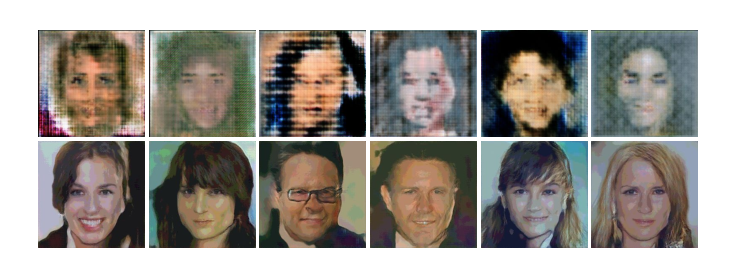Abstract:
Generative adversarial networks have seen rapid development in recent years and have led to remarkable improvements in generative modelling of images. However, their application in the audio domain has received limited attention,
and autoregressive models, such as WaveNet, remain the state of the art in generative modelling of audio signals such as human speech. To address this paucity, we introduce GAN-TTS, a Generative Adversarial Network for Text-to-Speech.
Our architecture is composed of a conditional feed-forward generator producing raw speech audio, and an ensemble of discriminators which operate on random windows of different sizes. The discriminators analyse the audio both in terms of general realism, as well as how well the audio corresponds to the utterance that should be pronounced. To measure the performance of GAN-TTS, we employ both subjective human evaluation (MOS - Mean Opinion Score), as well as novel quantitative metrics (Fréchet DeepSpeech Distance and Kernel DeepSpeech Distance), which we find to be well correlated with MOS. We show that GAN-TTS is capable of generating high-fidelity speech with naturalness comparable to the state-of-the-art models, and unlike autoregressive models, it is highly parallelisable thanks to an efficient feed-forward generator. Listen to GAN-TTS reading this abstract at https://storage.googleapis.com/deepmind-media/research/abstract.wav

